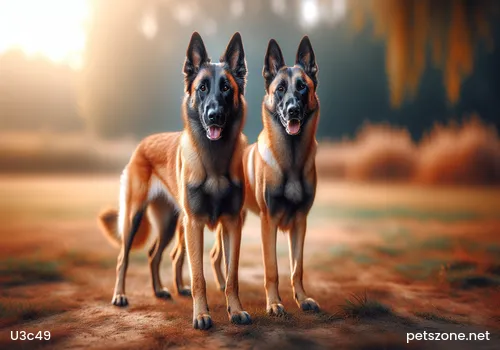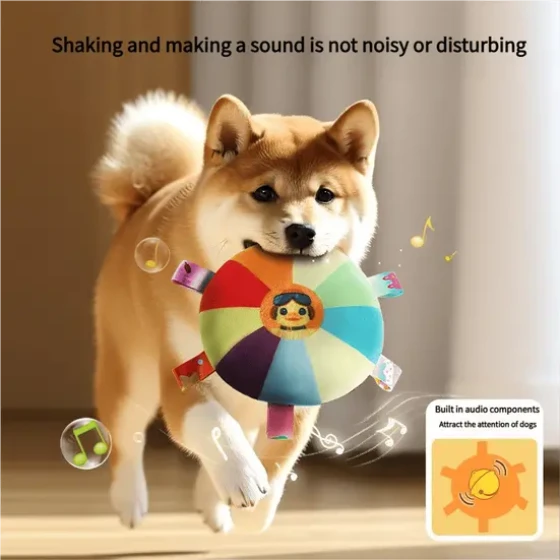What kind of dog is suitable for elderly people to raise
Where has the time gone? In the blink of an eye, grandpa and grandma's hair has all turned white, but we don’t have a lot of time to accompany them, and aging has already begun. Many friends want to buy dogs as companions for the elderly, so what kind of dog is suitable for older people? What should elderly people pay attention to when raising dogs?

Poodle (detailed introduction)
We know that there are hundreds of types of pet dogs, and their temperaments are also different: some are naughty, lively, and like intense exercise, while others are calm, elegant, and do not require much exercise.
Elderly people raise dogs to find companionship and joy. When choosing a dog, they should find one suitable to their personality, preferences, and habits so they can enjoy it without feeling burdened. According to expert statistics, most elderly people currently raise small dog breeds.
1. Choose dogs with temperaments suitable for the elderly
First, you must choose pet dogs with a gentle temperament who love to be close to people, because such dogs are strongly attached to their owners, tend to stay around them, are obedient, and make their owners feel cared for and needed at all times. Cheerful and active elderly people are suitable to choose lively small dogs like the Papillon or Yorkshire Terrier, while those who prefer quietness are better off with Pomeranians, two- to three-year-old Chihuahuas, or slightly lazy dogs like Pugs.
The more similar the pet’s temperament is to the owner’s, the more harmonious their relationship will be, making it easier to build a strong bond.
2. Choose small-sized dogs
It is best to choose “miniature” dogs that weigh less than 5 kilograms, have small appetites, and are easy to approach, such as Teddy, Pekingese, Schnauzer, Chihuahua, Pomeranian, Papillon, and Yorkshire Terrier. Small dogs do not need a lot of exercise and won’t cause trouble from having too much energy. Moreover, they eat less, have lower maintenance costs, and are easy to carry and manage, which is very suitable for elderly people with limited physical strength and energy.
If you like slightly larger dogs, medium-sized dogs like Golden Retrievers and Border Collies (detailed introduction) are also good choices.
3. Choose dogs that are easy to care for
Overall, do not choose dogs that are particularly difficult to care for, because taking care of dogs requires physical strength. If one’s heart is willing but the body is not capable, both the person and the dog will suffer. Therefore, elderly people must consider coat length when choosing a breed. Short-haired dogs are easy to clean and groom, suitable for physically weak seniors. Long-haired dogs require frequent baths and careful grooming, but elderly people who enjoy grooming their dogs can derive great pleasure from it.
Finally, a reminder: elderly people with waist and leg problems need to be especially careful when walking dogs, paying attention to these points to avoid being tripped when the dog excitedly runs around and the leash gets tangled around their legs and feet.





